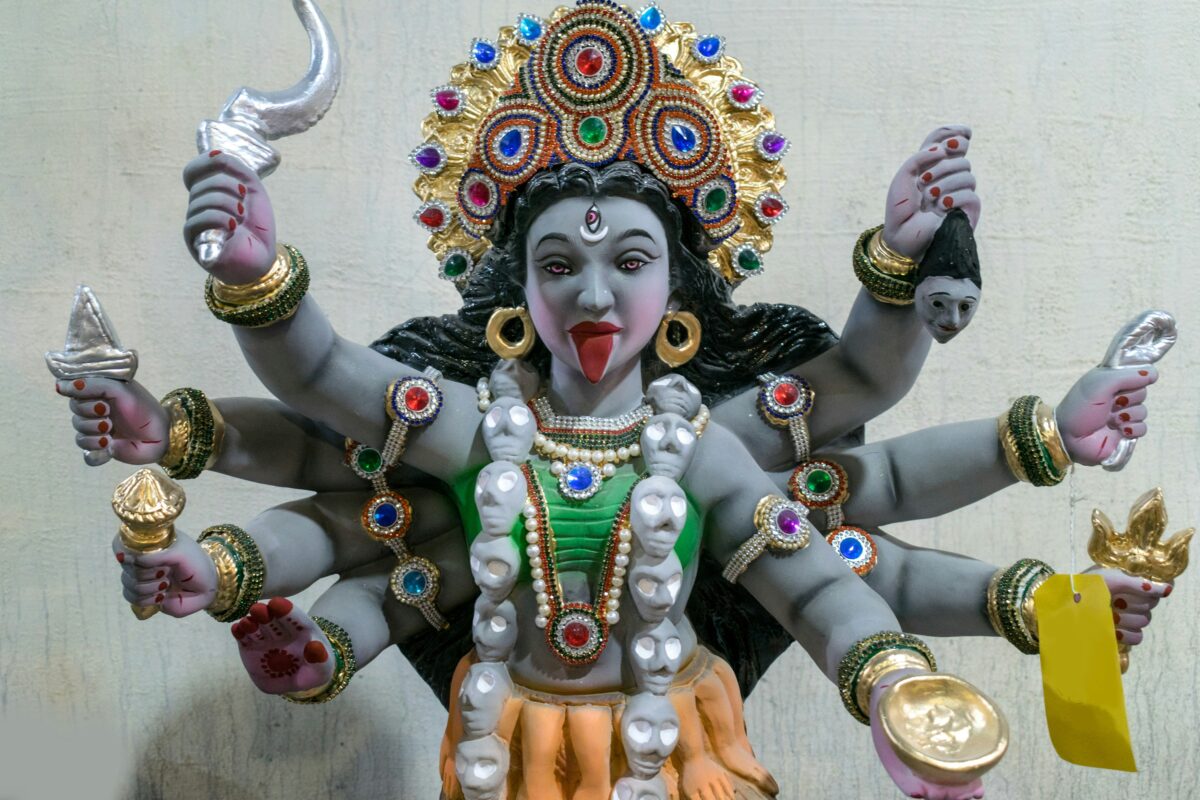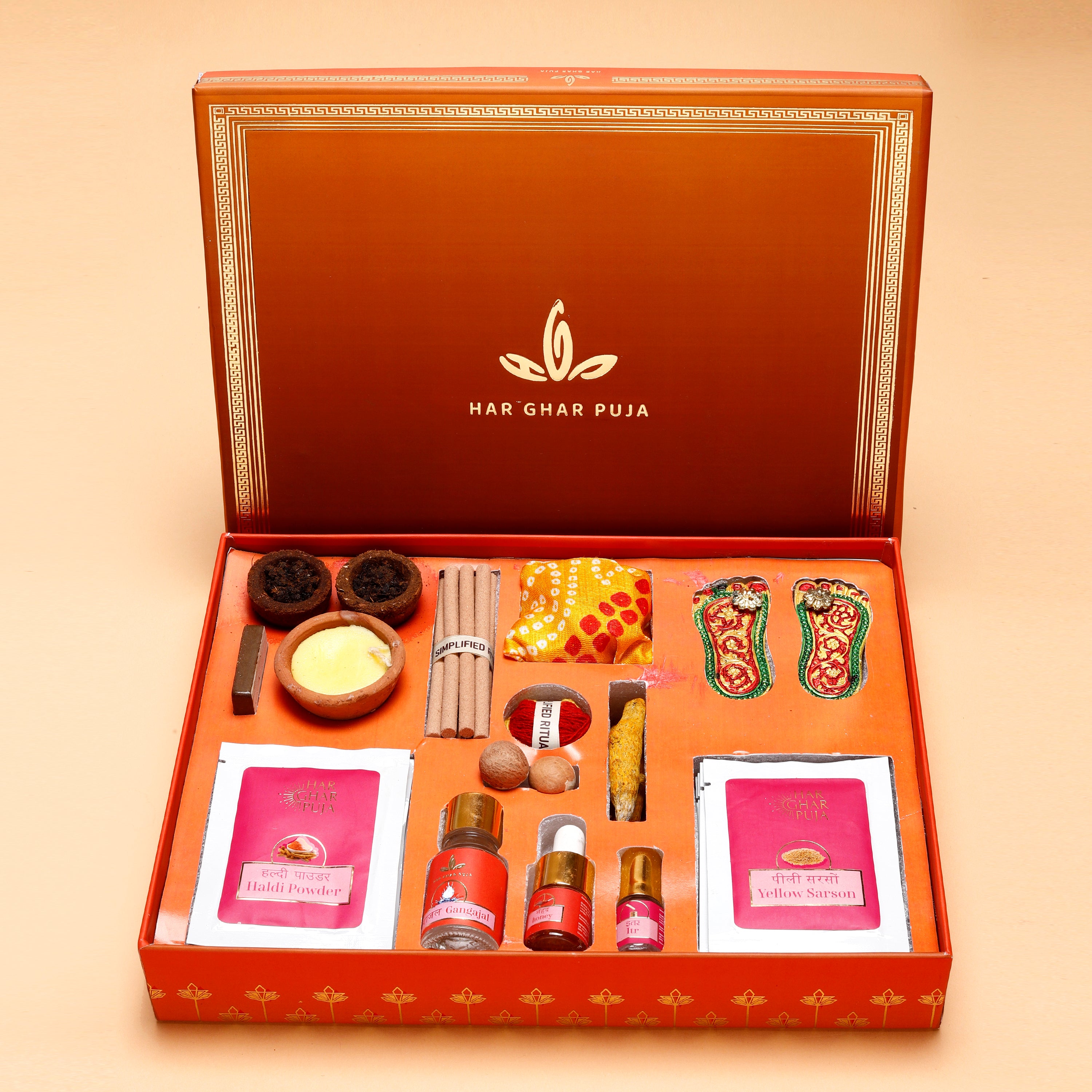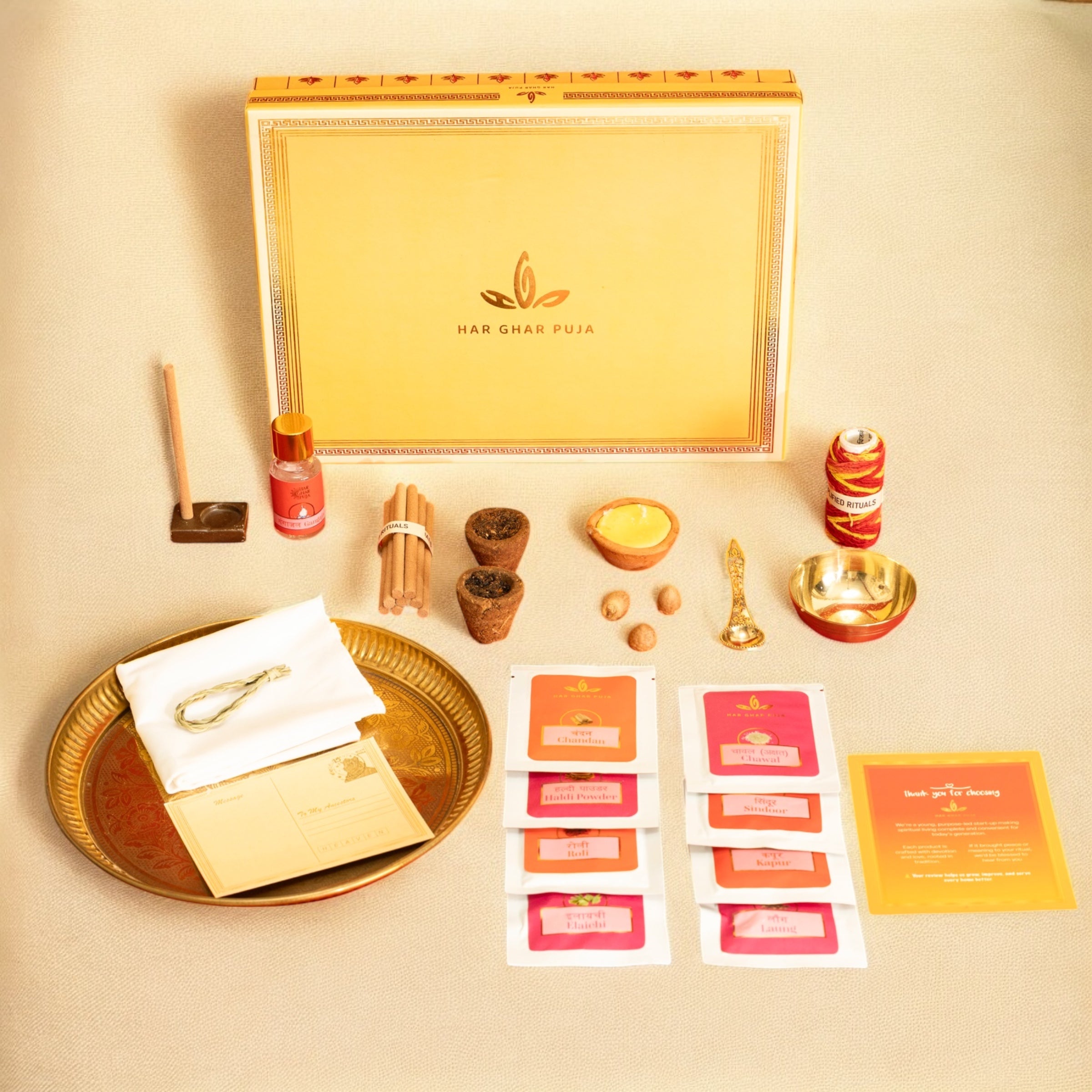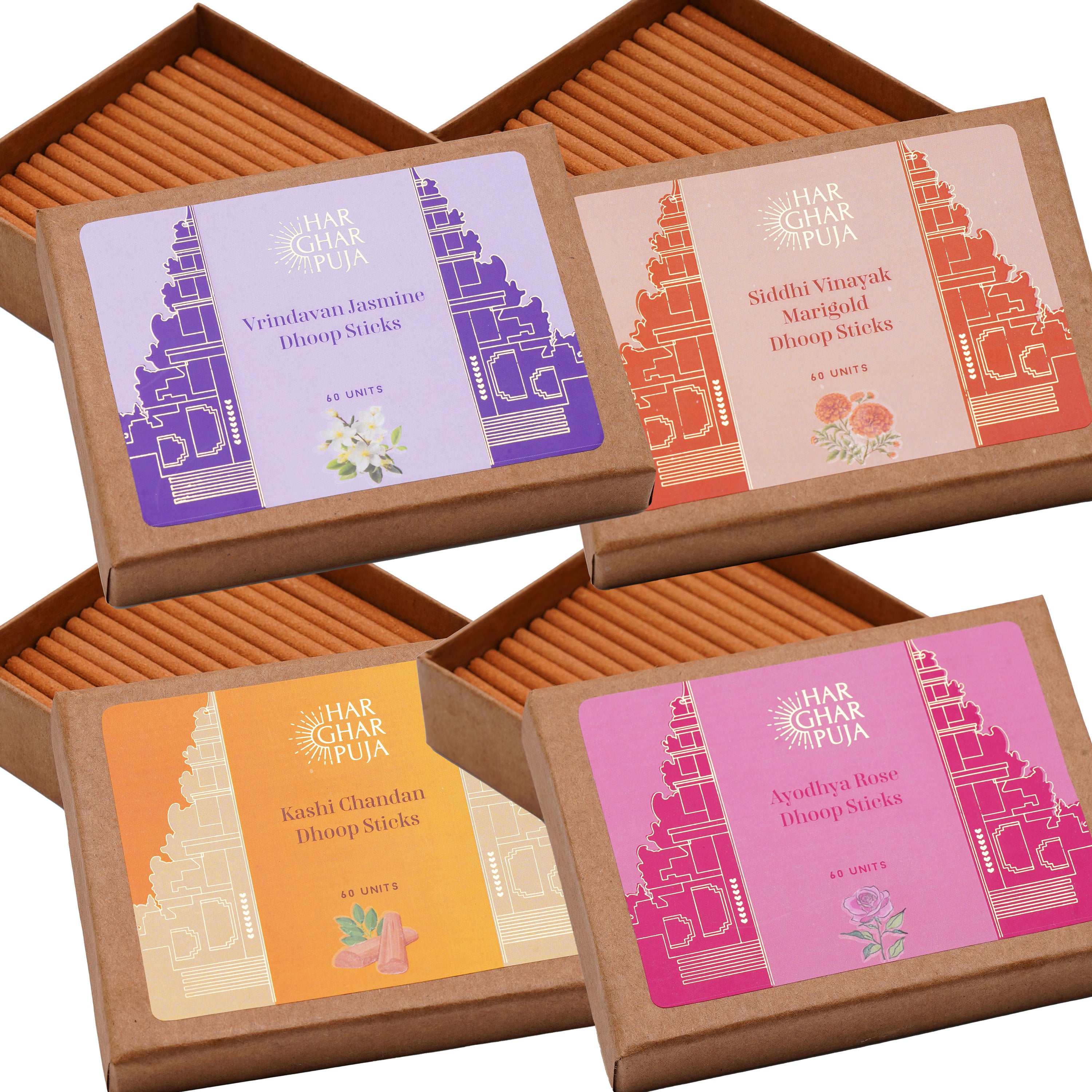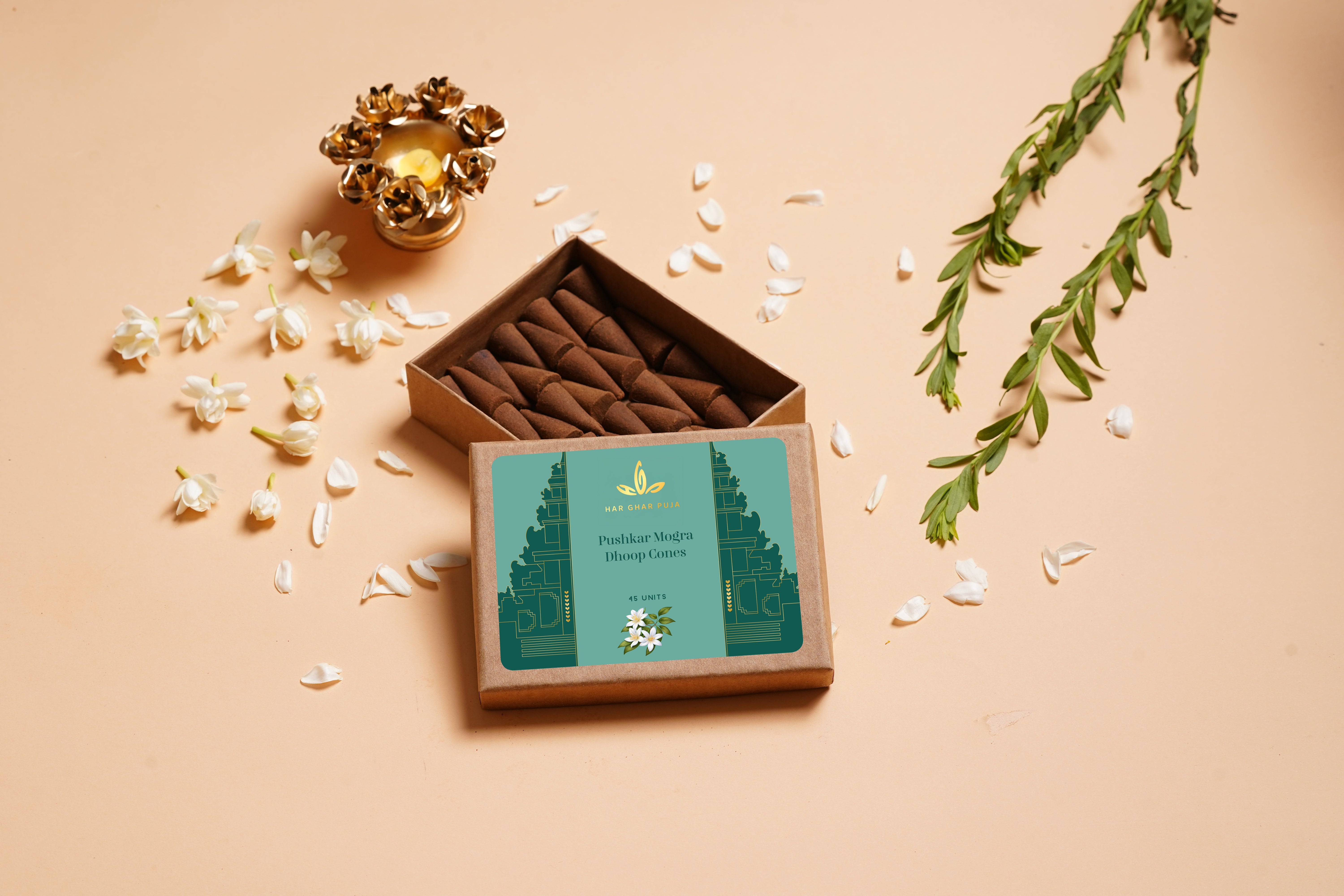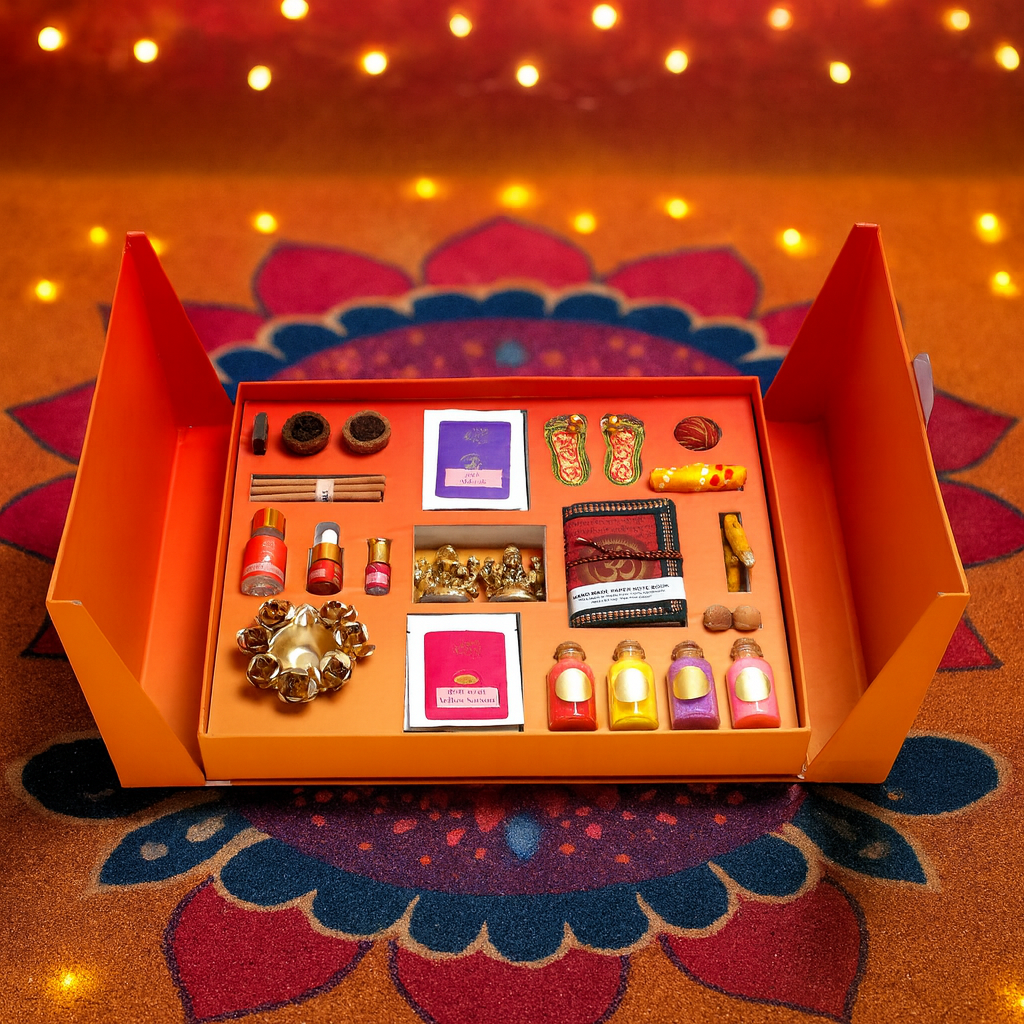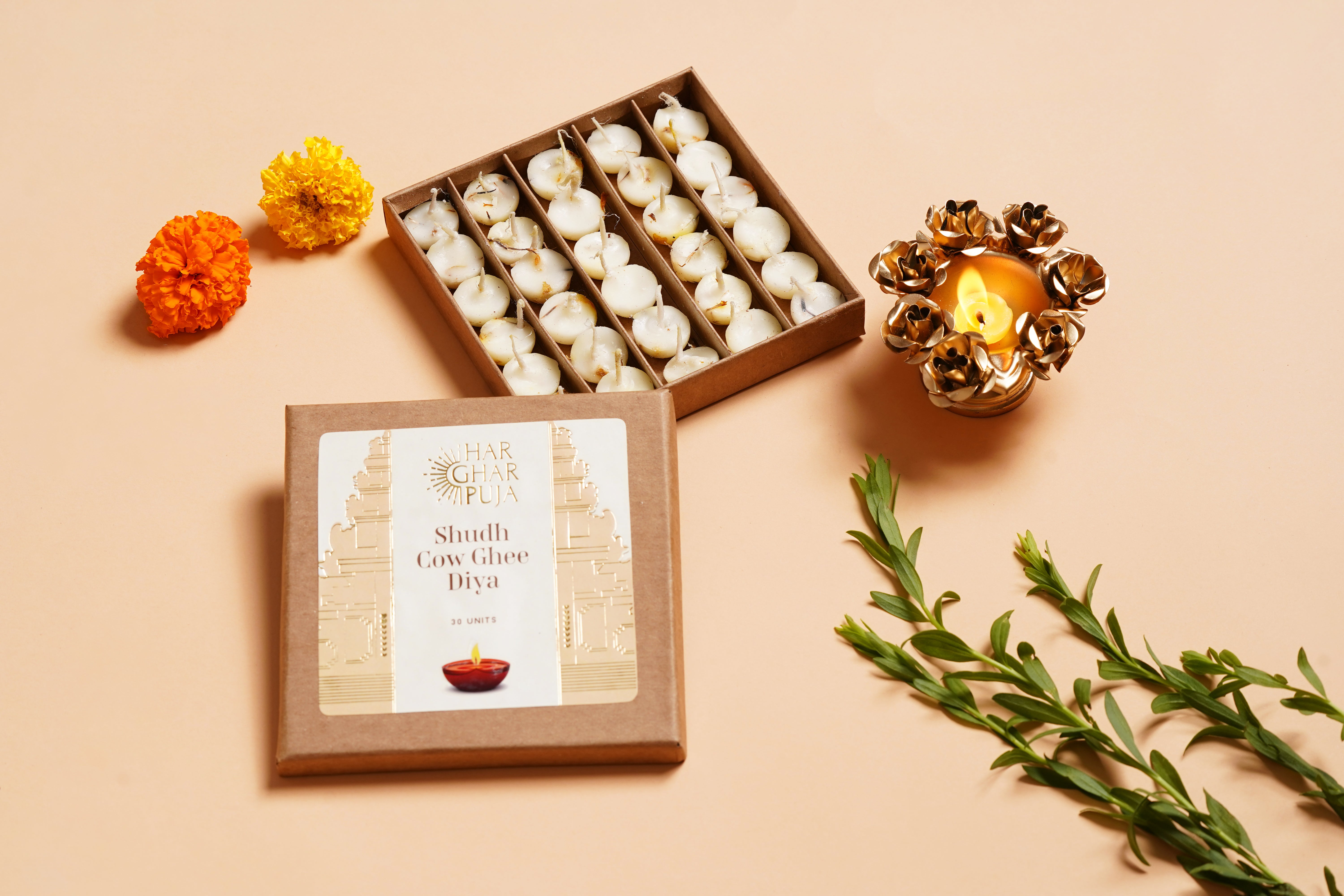The festival of Diwali is celebrated on the night of Kartik Amavasya across most parts of India, where Goddess Lakshmi and Lord Ganesha are worshipped. However, in the states of West Bengal, Assam, and Odisha, the day is devoted to the worship of Maa Kali, known as Kali Puja. This worship takes place at midnight. In West Bengal, Lakshmi Puja is performed six days after Dussehra, while Diwali is dedicated to Kali Puja. But have you ever wondered why Kali Puja is performed on this day and what its significance is? Let’s find out.
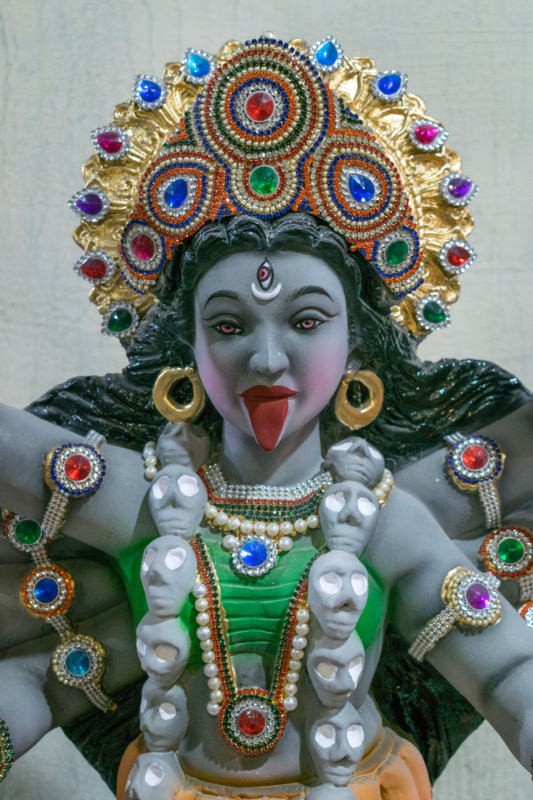
Table of Contents
Why Kali Puja on the Day of Diwali?
According to religious beliefs, after Maa Kali destroyed demons, her rage continued unchecked. To calm her fury, Lord Shiva decided to place himself at her feet. The mere touch of his body beneath her feet immediately pacified her anger. In memory of this, the tradition of worshipping her peaceful form as Lakshmi emerged, while her fierce form is worshipped as Kali in some states on Diwali night.

The Significance of Kali Puja
In Hindu mythology, it is believed that Maa Kali emerged as an avatar of Maa Durga to annihilate demons and evil forces that plagued the Earth. Worshipping Maa Kali is believed to remove all sorrows from life and destroy one’s enemies. It is also said that her worship can calm the influence of malefic planets Rahu and Ketu in one’s birth chart. In many places, Kali Puja is also associated with Tantric practices.

How to Perform Kali Puja
Maa Kali’s worship can be conducted in two ways: a general form and a Tantric form. The general form can be done by anyone and involves offerings of 108 hibiscus flowers, 108 earthen lamps, 108 bel leaves, and 108 blades of durva grass. Additionally, offerings like fruits, sweets, rice pudding (kheer), fried vegetables, and other dishes are made to the goddess.
The Aarti of Maa Kali
Ambe tu hai jagdambe kali, jai durge khappar wali.
Tere hi gun gaayein Bharati, o maiya hum sab utaarein teri aarti.
Tere bhakt janon pe mata, bheer padhi hai bhaari.
Danav dal par toot pado maa, karke singh sawari.
Sau sau singhon se tu balshaali, das bhujaon wali.
Dukhiyon ke dukhde nivarati, o maiya hum sab utaarein teri aarti.
Maa bete ka hai is jag mein, bada hi nirmal naata.
Poot kapoot sune hain par, mata na suni kumata.
Sab par karuna darsane wali, amrit barsane wali.
Dukhiyon ke dukhde nivarati, o maiya hum sab utaarein teri aarti.
Nahi maangte dhan aur daulat, na chaandi na sona.
Hum to maange maa tere man mein, ik chhota sa kona.
Sabki bigdi banane wali, laaj bachane wali.
Satiyon ke sat ko sanwarati, o maiya hum sab utaarein teri aarti.
Ambe tu hai jagdambe kali, jai durge khappar wali.
Tere hi gun gaayein Bharati, o maiya hum sab utaarein teri aarti.
Devotees complete the worship with the traditional Aarti, invoking Maa Kali’s blessings for protection and strength.

